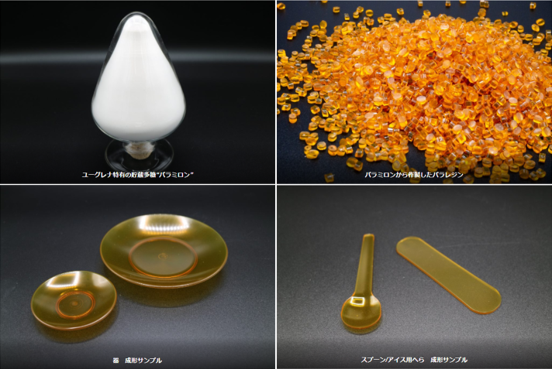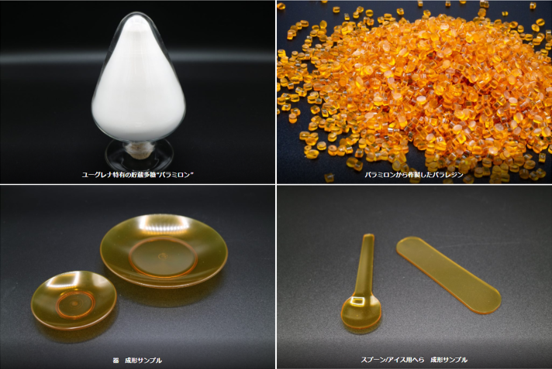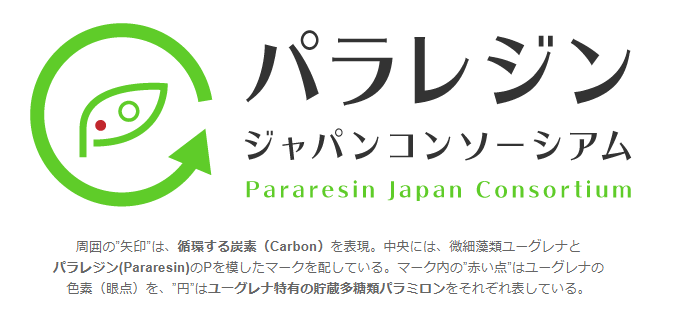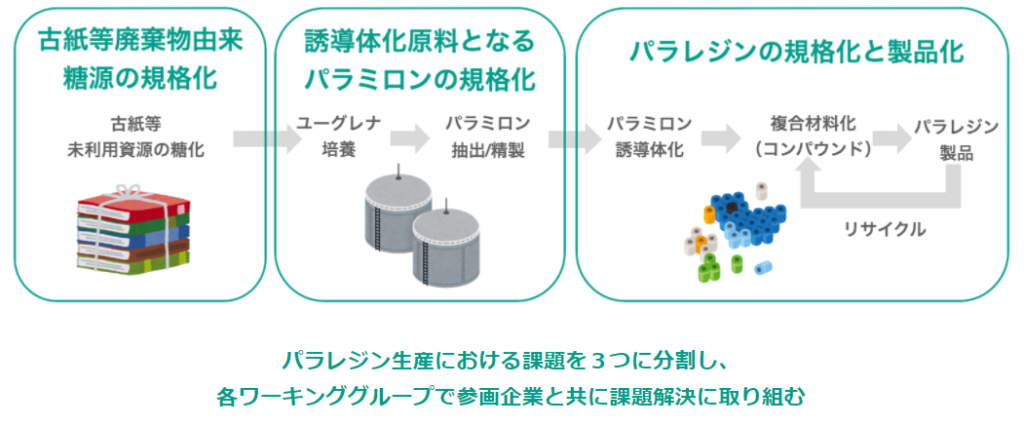
Introducing “Pararesin”: Biomass Plastic Derived from Microalgae
As the trend of charging for plastic bags at convenience stores and supermarkets gains momentum, there is a growing focus on transitioning away from traditional plastics in favor of a new material called "Pararesin."

Traditional petroleum-based plastic products have long been associated with environmental issues due to their significant carbon emissions during production and disposal. These issues, including the global problem of marine plastic pollution, have prompted a reevaluation of our reliance on conventional plastics. In response to this, biomass plastics, which utilize renewable resources, have emerged as a promising alternative to reduce environmental impact.
Euglena, a company at the forefront of sustainability, is spearheading the development and commercialization of "Pararesin," a biomass plastic derived from microalgae. The name "Pararesin" is a combination of "Para," referring to Euglena's unique component "Paramylon," and "Resin," signifying the plastic material. This name conveys both its distinctiveness from traditional petroleum-based plastics and its versatility.
"Pararesin" can have its physical properties adjusted by modifying the manufacturing process, making it suitable for various applications ranging from flexible to rigid and heat-resistant products.
While transitioning from conventional petroleum-based plastics to biomass plastics represents a significant step toward reducing environmental impact, challenges related to the high production costs and limited market adoption of biomass plastics remain. To address these challenges, the "Pararesin Japan Consortium" has been established, bringing together Euglena, NEC, Seiko Epson, and other companies and organizations to accelerate the market introduction and commercialization of biomass plastics.

Within this consortium, efforts are focused on cultivating microalgae using underutilized sugar sources to produce "Pararesin." The material will then be applied to a wide range of products, from clothing to household appliances. Working groups have been established to address specific challenges, such as standardizing underutilized sugar sources, optimizing microalgae cultivation and paramylon production, and fine-tuning the physical properties of "Pararesin."

